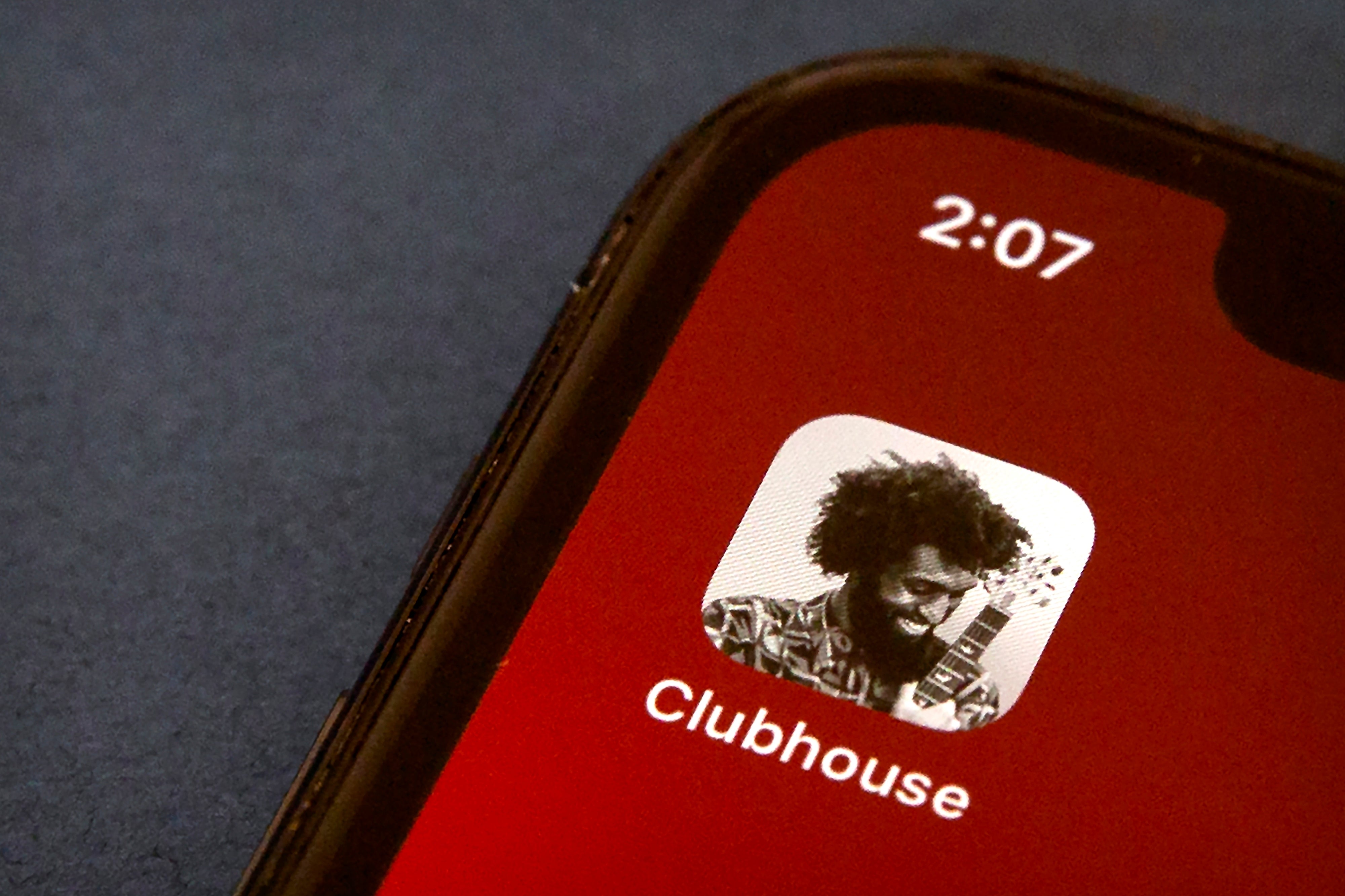Oman blocks Clubhouse, app used for free debates in Mideast
Oman's telecommunications regulator has confirmed it severed access to the buzzy new audio chat app Clubhouse

Your support helps us to tell the story
From reproductive rights to climate change to Big Tech, The Independent is on the ground when the story is developing. Whether it's investigating the financials of Elon Musk's pro-Trump PAC or producing our latest documentary, 'The A Word', which shines a light on the American women fighting for reproductive rights, we know how important it is to parse out the facts from the messaging.
At such a critical moment in US history, we need reporters on the ground. Your donation allows us to keep sending journalists to speak to both sides of the story.
The Independent is trusted by Americans across the entire political spectrum. And unlike many other quality news outlets, we choose not to lock Americans out of our reporting and analysis with paywalls. We believe quality journalism should be available to everyone, paid for by those who can afford it.
Your support makes all the difference.Oman has cut off access to the buzzy new audio chat app Clubhouse the country’s telecommunications regulator confirmed Monday, setting off fears that authorities across the Persian Gulf may censor a rare forum for discussion of sensitive topics in the region.
The Omani government has “forbidden the app because it was operating without the proper license,” Omar al-Abri, an official in the country’s telecommunications regulator told The Associated Press. He did not elaborate on the licensing problem, and it remains unclear whether the ban is a temporary suspension to smooth out the bureaucracy or the latest government attempt to suppress dissent in the sultanate.
Over the past few days, scores of users in Oman reported receiving error messages when they tried to use the platform. Many said they could only bypass restrictions using a virtual private network (VPN). Clubhouse did not respond to repeated requests for comment on restrictions in Oman or elsewhere in the Gulf.
Clubhouse, the invitation-only social media app, has exploded in popularity in recent months, particularly gaining traction in the Middle East where social media remains a highly contested and sometimes perilous space.
The sheikhdoms of the Persian Gulf retain tight controls on traditional media like newspapers and television, and increasingly employ vague cybercrime laws to patrol internet platforms and apps. Private outlets self-censor out of fear of running afoul of so-called “red lines.” In Oman, where the police often patrol in riot-ready vehicles with chicken wire covering the windows, U.S. diplomats routinely describe the press as “muzzled.”
The chatrooms of Clubhouse, a sort-of town square for unfettered discussions of politics and social issues, have provided a window through the censorship. Recent free-flowing exchanges in the region have featured activists from Egypt's 2011 uprising, feminists in Kuwait, government officials in Libya and even a transgender woman in Saudi Arabia
But the surging excitement has been tempered by anxiety over possible censorship, following China’s decision to block the app last month as part of the government's crackdown on free speech. Thailand’s government also has warned users not to “misuse” the app or face possible legal consequences.
Although the United Arab Emirates reassured user earlier this month that the government had not banned the app, users nationwide have reported audio glitches that frequently make listening into discussions impossible.